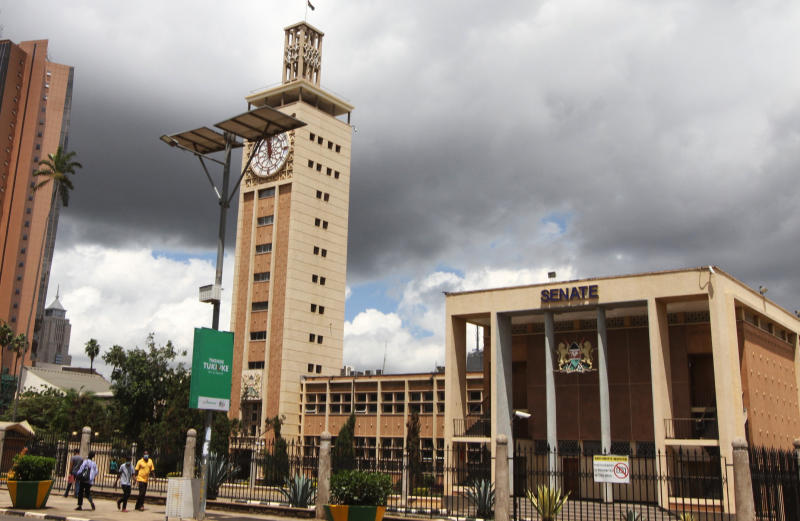×
The Standard e-Paper
Fearless, Trusted News

There was high drama in the House yesterday as legislators debated the BBI Bill, with the arrest of a senator and a spirited attempt to scuttle the process of changing the Constitution.
Allies of Deputy President William Ruto pushed for the suspension of the Special Sitting in the National Assembly on the Constitution of Kenya (Amendment) Bill 2020.